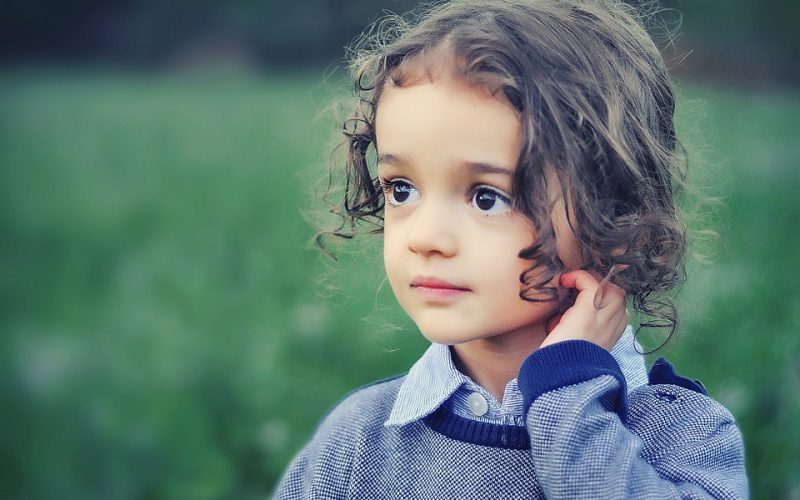Learning The Mother Tongue
No matter where a child grows up, the original language they learn from their family is considered their mother tongue. The informal spoken version is what they will begin with, and formal education will teach them grammar and construction as they grow up. Their focus through early childhood will be on this language, so they will think in it as new concepts are introduced. Those who grow up with two spoken languages have the advantage of being able to think in both languages, and they can claim each one as their mother tongue.
When learning a foreign language, people translate everything back into their mother tongue. Vocabulary and grammatical construction are automatically compared to what they already know, and this gives them a basis to begin. Their original language acts as a foundation, and the ability to make comparisons allows them a faster way to internalize the new words and sentence structures of a second language.





